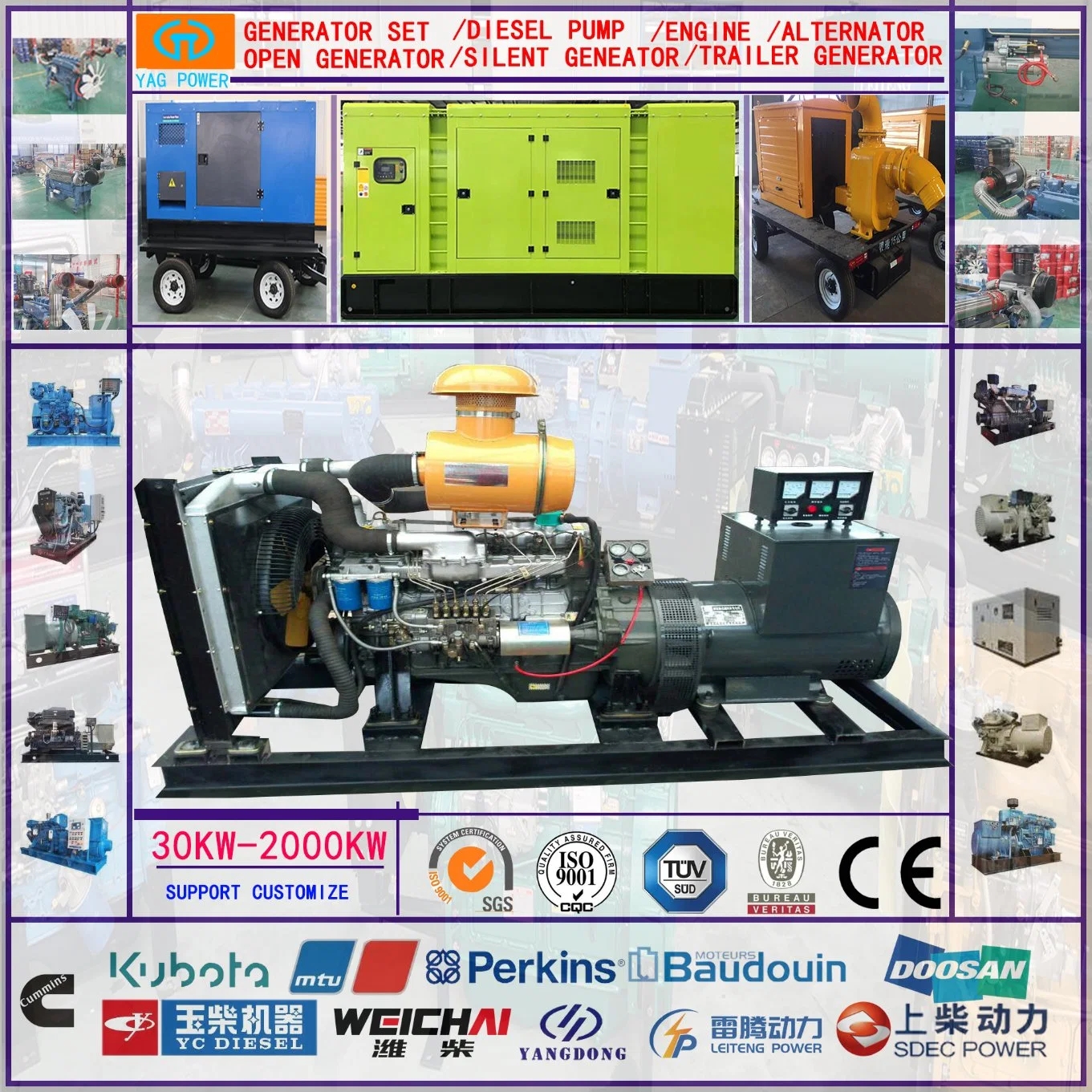Introduction
Diesel generators play a crucial role in providing backup power for a wide range of applications, from hospitals to data centers to remote construction sites. However, the noise generated by these diesel generators can be a significant concern, especially in urban areas or locations where noise regulations are strict. In this article, we will explore the impact of diesel generator noise on the environment and public health, as well as the regulations and best practices that can help mitigate these impacts.
Understanding Diesel Generator Noise
Diesel generators are known for their robustness and reliability in providing power during blackouts or when grid power is unavailable. These generators typically consist of an engine that runs on diesel fuel and a generator that converts mechanical energy into electrical power. While diesel generators are efficient and cost-effective, they are also known for generating noise during operation.
The noise produced by a diesel generator comes from various sources, including the engine itself, exhaust system, cooling fan, and vibrations from moving parts. The sound levels can vary depending on the size and type of the generator, as well as the load it is powering. In general, larger generators tend to produce more noise than smaller ones, especially when running at full capacity.
The impact of diesel generator noise can be significant, both on the environment and public health. Excessive noise pollution can lead to annoyance, sleep disturbances, and even hearing loss in extreme cases. In addition, noise can also have adverse effects on wildlife, disrupting their natural behaviors and habitats.
Regulations on Diesel Generator Noise
To address the potential negative impacts of diesel generator noise, many countries and regions have implemented regulations to limit the amount of noise that these generators can produce. These regulations typically set maximum allowable noise levels for different types of land uses, such as residential, commercial, and industrial areas.
In the United States, for example, the Environmental Protection Agency (EPA) sets noise emission standards for various types of equipment, including diesel generators. The EPA's noise regulations are based on the Clean Air Act and aim to protect public health and the environment from excessive noise pollution. Similarly, the European Union has established noise emission limits for diesel generators under the Environmental Noise Directive.
Compliance with noise regulations is essential for businesses and organizations that use diesel generators, as non-compliance can result in fines, penalties, and even legal action. To ensure compliance, generator owners and operators must carefully monitor and control the noise levels of their equipment, especially in sensitive or noise-sensitive areas.
Best Practices for Mitigating Diesel Generator Noise
While diesel generators are inherently noisy, there are several best practices that can help mitigate their noise emissions and reduce their impact on the environment and public health. These best practices include:
1. Proper Siting: The location of a diesel generator can have a significant impact on the amount of noise it produces. Generators should be sited away from noise-sensitive areas, such as residential neighborhoods, schools, and hospitals. Additionally, the generator should be placed on a level surface and away from walls or other structures that can reflect and amplify noise.
2. Acoustic Enclosures: Installing an acoustic enclosure around the diesel generator can help reduce noise emissions significantly. Acoustic enclosures are designed to absorb and dampen sound waves, thereby reducing the overall noise level produced by the generator. Enclosures should be properly designed and installed to ensure optimal noise reduction.
3. Soundproofing: In addition to acoustic enclosures, soundproofing measures such as acoustic panels, insulation, and vibration isolators can further reduce noise emissions from diesel generators. These measures help contain and absorb sound waves, preventing them from escaping into the surrounding environment.
4. Regular Maintenance: Proper maintenance of diesel generators is essential for ensuring optimal performance and minimizing noise emissions. Regular inspections, servicing, and repairs can help identify and address issues that may be contributing to excessive noise levels. Keeping diesel generator set and exhaust system well-maintained can also help reduce noise emissions.
5. Use of Silencers: Installing silencers or mufflers on the exhaust system of a diesel generator can help reduce the noise produced by the engine. Silencers are designed to attenuate sound waves and reduce the overall noise level emitted by the generator. Silencers should be properly sized and installed to ensure effective noise reduction.
6. Compliance Monitoring: Generator owners and operators should regularly monitor the noise levels of their equipment to ensure compliance with regulations. This can be done using sound level meters or monitoring systems that measure and record noise emissions. Keeping detailed records of noise levels can help demonstrate compliance and identify any issues that need to be addressed.

Conclusion
Diesel generators are essential for providing backup power in a wide range of applications, but their noise emissions can pose a significant challenge, especially in urban areas or locations with strict noise regulations. By understanding the sources of diesel generator noise, complying with regulations, and implementing best practices for noise mitigation, generator owners and operators can minimize the environmental and public health impacts of their equipment.
It is essential for businesses and organizations that use diesel generators to prioritize noise reduction and compliance with regulations to ensure sustainable and responsible operation. By taking proactive measures to address diesel generator noise, we can strike a balance between meeting our power needs and protecting the environment and public health from excessive noise pollution.
